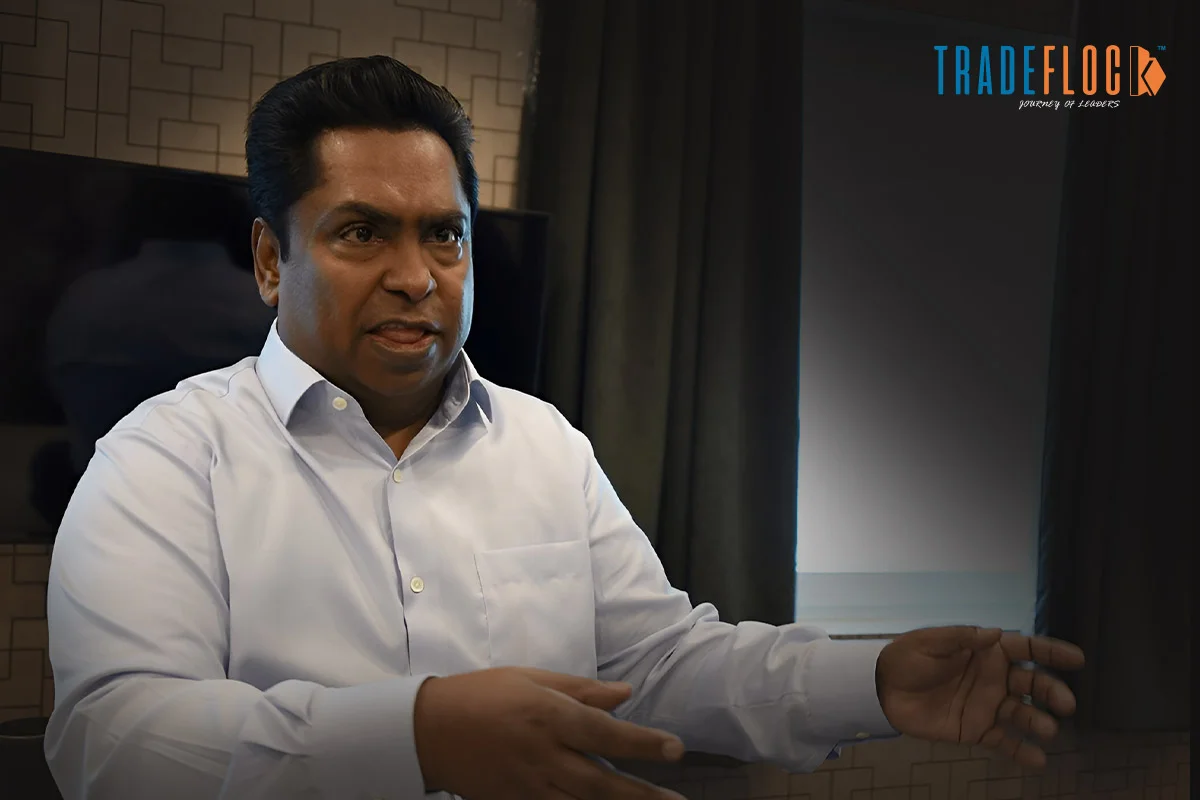In the twilight of the 20th century, 1999 marked a digital dawn in India with the advent of mobile phones. State-owned enterprises like BSNL (Bharat Sanchar Nigam Limited) and MTNL (Mahanagar Telephone Nigam Limited) began their services in the domestic sphere. At the same time, private sector giants like Reliance ventured into the mobile service domain. At the same time, Chinnakannan Sivasankaran from Tamil Nadu stepped into the world of mobile services. He established Aircel, a company that soon initiated telecom services within the Tamil Nadu region, rapidly ascending to become the leading mobile operator in the state.
The mobile revolution gained momentum in 2004-05 when Maxis Communications, a Malaysian company, acquired a majority stake in Aircel in 2005, investing Rs. 45000 cr to accelerate its national expansion. C Sivasankaran sold the remaining 26% of the shares in 2012 to Sindya Securities and Investments, which runs Apollo Hospitals nationwide.
In 2012, following Sunita Sindya Securities and Investments’s acquisition of shares, the company underwent significant restructuring and later ceased its services in Madhya Pradesh, Gujarat, Haryana, Kerala, and Punjab. However, Aircel resumed its services in Kerala in April 2015. On September 14, 2016, a major merger took place between Reliance Communication and Aircel, making the combined entity the fourth-largest telecom service provider in the country. Yet, by 2017, Reliance and Aircel parted ways.
On January 30, 2018, Aircel discontinued services in loss-making circles, including Gujarat, Maharashtra, Haryana, Himachal Pradesh, Madhya Pradesh, and Western Uttar Pradesh. Talks of a merger between Aircel and Airtel began but did not come to fruition, leading to Aircel’s filing for bankruptcy on December 28.
What catalysed this corporate conundrum?
On February 21 and 22, in Tamil Nadu, approximately 3.4 million Aircel subscribers suddenly found their phones disconnected. The reason provided was indicative of Aircel’s dire financial state. The company disclosed an outstanding debt of Rs 15 550 crore, which it could not repay. Together, the Reserve Bank of India issued a new directive mandating that companies must repay loans within the specified time. However, under the new RBI directive, Aircel faced difficulties as it had not paid any bank loan installments since September 2017 and thus could not be granted an extension. With no funds available and a substantial amount due, Aircel had no alternative. Although Maxis Communications had proposed further investment, it withdrew its offer at the last moment, refusing to provide the necessary funds.
Chinnakannan is Back in Limelight
Aircel’s story of initial success and decline is again relevant as Sivasankaranspoke about Aircel’s fall in a recent podcast with YouTuber Raj Shamani. During the podcast, he talked about how the business world has changed from one time to another. He shared what it was like running a business 10 years ago in the UPA government and compared it to how things are now in the NDA administration. He said that businesses in India today have it better because no one is forced to do things against their will. Sivasankaran also mentioned that in the past, if your business was doing well, there was pressure to sell it to someone they told you to.
When asked about being pressured to sell his business, he said he was still happy despite the pressure. He explained that in the past, around 10 years ago, if you had a big business in India, you could be pressured into selling it. But today, things are different. India has changed, and now you can run your business without anyone pressuring you. It’s a free country for business now. He added, “My complaint is not that they forced me to sell, my complaint is they should have allowed me to sell to those who offered me 8 billion.”
A Roller-Coaster Journey of Entrepreneurship
Sivasankaran’s entrepreneurial journey started in 1985 when he acquired Sterling Computers from Robert Amritraj, the father of famed tennis player Vijay Amritraj. He introduced cost-effective personal computers priced at just Rs 33,000, a stark contrast to the computing systems priced as high as Rs 80,000. This move quickly elevated Sterling into India’s top three computer firms. By 1997, Sivasankaran had gained over 10 percent ownership of Sunil Mittal’s Bharti Telecom. Despite this, his request for a position on the board was rejected, prompting him to sell his shares to Mittal at a financial loss. In a bold move, he also presented a courageous bid to purchase the struggling energy division of Enron India for merely one rupee.
In October 2019, Aircel had to pay the government’s telecom department about Rs 12,389 crore for using licenses and airwaves. They tried to sell parts of the company, like their towers, to get the money they needed, but it didn’t work out. So, in the end, Aircel had to shut down.






